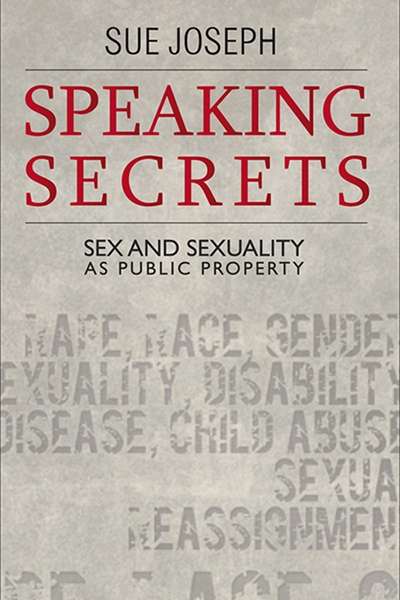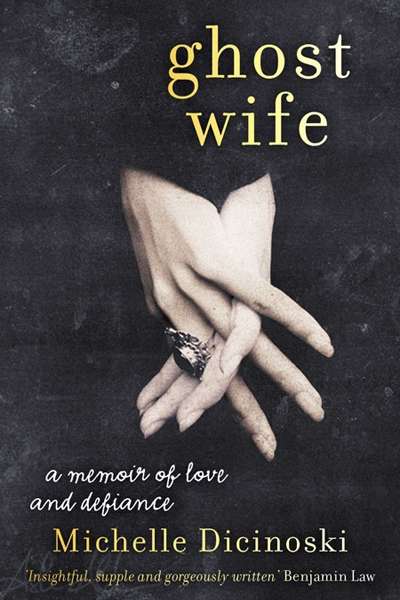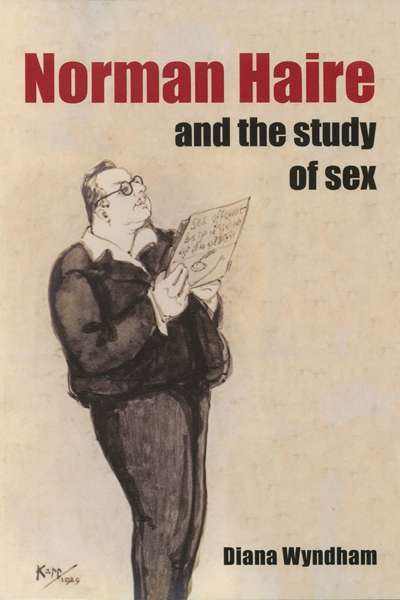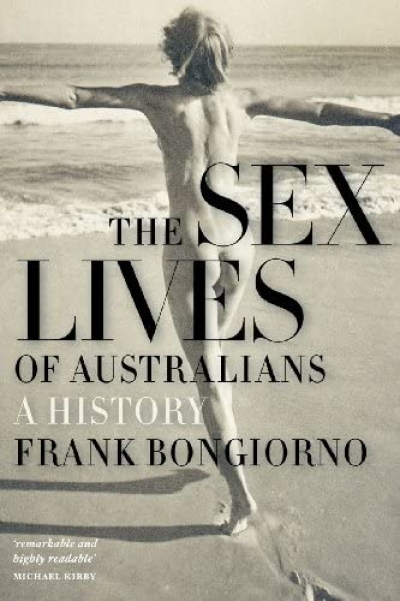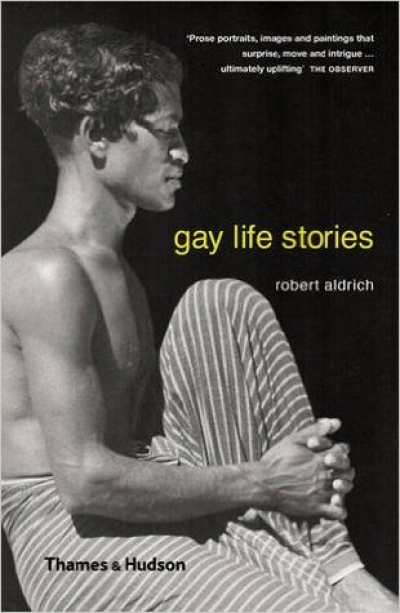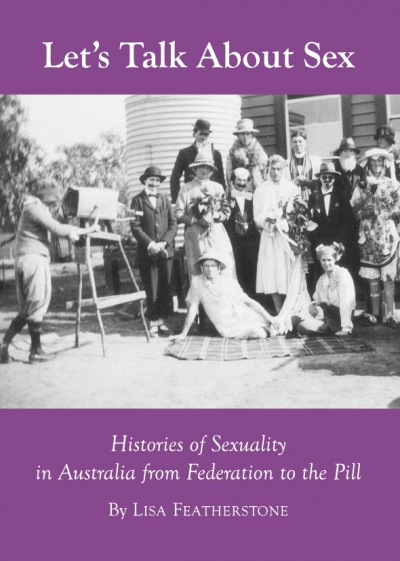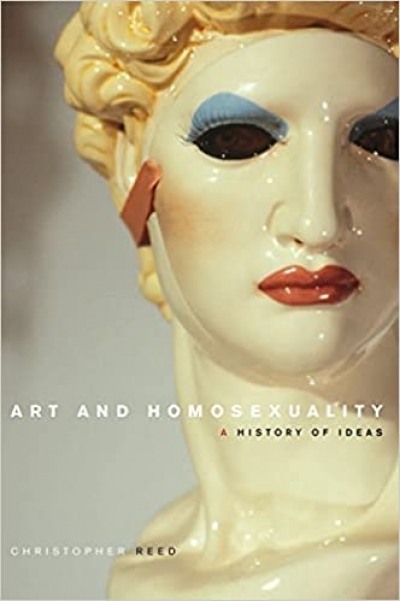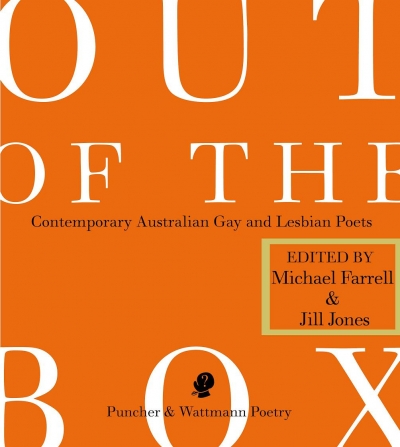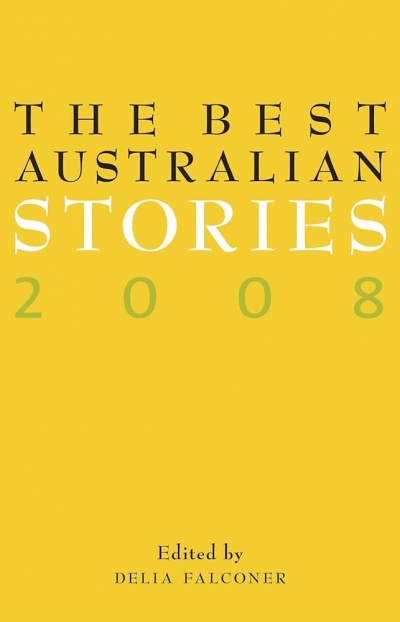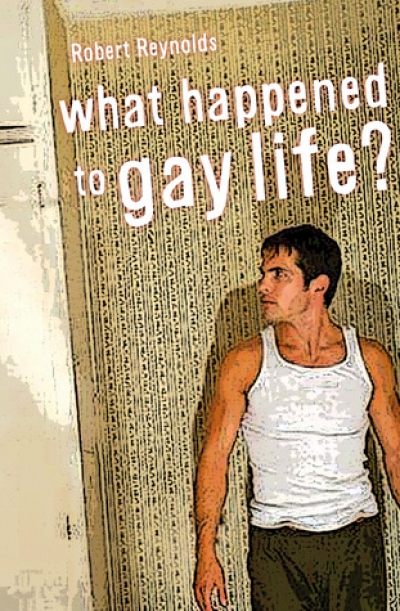Gender and Sexuality
Speaking Secrets: Sex and Sexuality as Public Property by Sue Joseph
In Speaking Secrets, academic and journalist Sue Joseph looks at what happens when sex becomes ‘public property’, and interviews a range of Australians who have had often traumatic sex and sexuality-related experiences aired to a wide audience through the media. Some of her interviewees are well known, others are not. Several discuss their experience of sexual abuse, either as a victim or as the relative of a victim. There is an interview with David Cunningham, the Greens candidate who has argued that ‘disabled people need sex lives’. Cunningham (who has cerebral palsy) has stated that people with disabilities should have access to sex workers. There are interviews with the transgender lawyer Rachael Wallbank and the Reverend Dorothy McRae-McMahon, a Uniting Church minister who came out as a lesbian in 1997. In one amusing moment, McRae-McMahon finds herself discussing anal sex during her conversation with Joseph in a Sydney café.Speaking Secrets is situated in the field of literary journalism. Reading Joseph’s evocative prose, the reader almost feels as if he is eavesdropping on the interviews. Still, the author leaves much to the imagination (I will discuss one instance of this). There is not a cliché or a superfluous word in the book.
... (read more)Ghost Wife: A Memoir of Love and Defiance by Michelle Dicinoski
Ghost Wife is a timely text, given the recent debates about same-sex marriage. Michelle Dicinoski writes about travelling to Canada in 2005 to marry her girlfriend, Heather.
... (read more)Norman Haire was born in Sydney’s Paddington in 1892, the year in which the word ‘homosexual’ is said to have entered the English language in the translation of Krafft-Ebing’s Psychopathia Sexualis. It was a coincidence Haire might have enjoyed, though for a man given to speaking his mind he was always discreet about his homosexuality.
... (read more)The Sex Lives of Australians: A History by Frank Bongiorno
In 1984 Carole Vance edited an important book on female sexuality entitled Pleasure and Danger.Those terms could well have provided a subtitle for Frank Bongiorno’s thorough and engaging history of sex in Australia. ‘Sexuality,’ wrote Vance, ‘is simultaneously a domain of restriction, repression and danger, as well as a domain of exploration, pleasure and agency.’ To which she might have added a domain of increasing surveillance, another theme that runs through Bongiorno’s book. From fears of unwanted pregnancy and the dangers of botched abortion, to herpes and HIV, sex has always carried threats to health and safety. At the same time, it is an arena of pleasure, even though much religious and ideological pressure has been applied to restrict and constrain the possibilities that people might find in full expression of their sexual potential. Even in the comparatively liberated 1920s: ‘Public debate about sex in Australia stressed dangers and pitfalls and gave less attention to sex as a source of pleasure.’
... (read more)The author of this handsomely produced volume claims in his opening sentence, ‘The sex lives of celebrities (and the less famous) always excite the curiosity of others.’ For the sake of his book he’d better be right, because what follows are more than eighty gay histories and/or partnerships, each moving inexorably to the matter of sexual orientation and declaration – reluctant or otherwise. Aldrich is probably right. Think of all those journals whose covers you browse while waiting in the supermarket queue, inviting you to speculate on, say, the vicissitudes of Brangelina. Recent political controversies about gay marriage rights or the ‘don’t ask, don’t tell’ policy of the US armed forces provide a contemporary context for Aldrich.
... (read more)Let’s Talk about Sex: Histories of Sexuality in Australia from Federation to the Pill by Lisa Featherstone
In Australia’s past, sex has been theorised, pathologised, even criminalised, but comparatively little has been written about the topic. One of the more exciting developments in Australian historiography over the past fifteen years has been the inclusion of gay and lesbian narratives. These perspectives have broadened understandings of Australia’s past and have shown how reading original historical sources against the grain can provide evidence about the intimate lives of Australians.
... (read more)Art and Homosexuality: A History of Ideas by Christopher Reed
‘One would have to be extremely naïve not to know immediately upon entering his room what was what when one saw the decoration with its reproduction Greek statues of hermaphrodites, and its strange collection of pictures, each boasting a posterior, mixed with pictures of pretty young men from the local garrison which the talented dilettante has made himself and continues to make.’
... (read more)Out Of The Box: Contemporary Australian gay and lesbian poets edited by Michael Farrell and Jill Jones
Does the title of this anthology, heralded by its editors as the first collection of Australian gay/lesbian/queer poetry, refer to the myth of Pandora’s pithos? Hesiod’s version of the story, which sees Pandora as the unleasher of all manner of evils on the (‘rational’/patriarchal) world, has been interrogated by feminist scholars who see Pandora in an older incarnation of ‘gift-giver’, bestower of plenitude, crosser of boundaries. Or does ‘Out of the Box’ have a more colloquial sense – ‘exceptional’, ‘surprising’? Whatever the reasoning behind the title, Michael Farrell and Jill Jones have made choices which should provoke debate (among other things) about gay and lesbian identity and community, and about the relationship between poet and reader.
... (read more)The Best Australian Stories 2008 edited by Delia Falconer
‘I like sad girls,’ confesses the creepy narrator of ‘His Blue Period’, the story by Deborah Robertson that opens the latest anthology of short fiction from Black Inc. It is never entirely clear what form this liking took. The narrator’s intentions were undoubtedly sexual, but not just that. What he seemed to desire most of all was the story of each girl’s sadness – the telling of her particular tale of woe, ‘the full, heavy, sad, sweet works’ which blossomed (at least in his mind) like a magnolia. And how did he elicit such revelation? Simply by asking each of his melancholy companions about her childhood; it is there, he supposes, that true sorrow first takes root. Robertson’s story is sinisterly opaque, not least because the tables are eventually turned on the predatory narrator (the past tense of his opening confession is surely significant in that respect). Things start to fall apart after his brief encounter (a late-night quickie) with a woman who boldly describes her childhood as ‘lots of laughs’. This entanglement precipitates such a crisis of confidence in him that he suddenly has the urge to redecorate his yuppie apartment: ‘I wanted to go downstairs and take the car from the garage and drive out of the city to the suburbs, and in the unfamiliar streets I wanted to find a Bunnings.’ There is a deft comic touch here, but the dominant note is indeed a blue one, suggesting a vast metropolis of inexplicable sorrow.
... (read more)What Happened To Gay Life?' by Robert Reynolds by Robert Reynolds
I recently watched a DVD of The Big Chill (1983). The film’s melancholy over the lost radicalism of the 1960s pervades What Happened to Gay Life?, Robert Reynolds’s new book. One might guess that a book about gay – once synonymous with happy – life might feature a bit of glitter and laughter, but this is not the book’s point.
... (read more)

